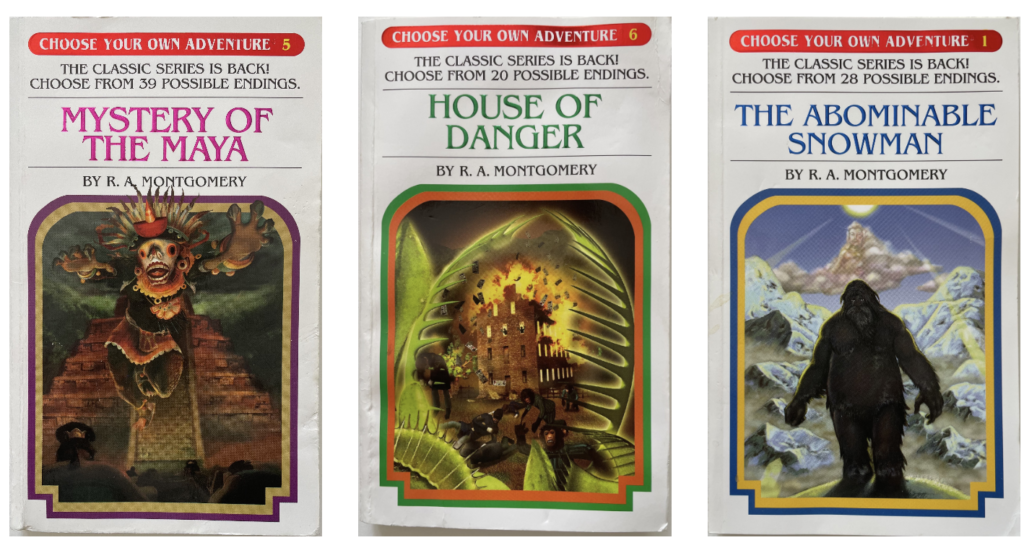
It is tough out there for job seekers.
Headlines shout bad news almost daily: “Young people struggle to find work” and “Unemployment rate soars”. It’s no wonder our minds get into a tailspin and our anxiety levels rise.
I experienced it during my job search following job redundancy, and I sense it now among graduating students, as well as their parents who have started posting on LinkedIn about their young people in need of a lucky job break.
As a career consultant, and a former international student graduate who struggled to find work in New Zealand, I share how you can become “career-hopeful” in very trying times.
First, it’s worth noting that bad news stays in our minds longer than good news. It also takes 3-5 positive events or interactions to counter a negative one. It’s not about denying the facts of the job market or the state of the economy, but it’s about focusing on things we can control and engaging in activities that help us improve our mood, practice skills or learn new ones, and ultimately provide hope that we can look forward to our future.
The STAR mnemonic is often used as an interview technique for demonstrating your competencies: Situation, Task, Action, Result: Describe the Situation and explain the Task with details about the Action you took, concluding with the Result of your action. We also use the STAR approach to develop our CV and cover letter. Because STAR is used to help articulate your abilities and values, it can also be used to help create positive events and interactions in your job search journey.
S for Situation and Success. Instead of describing a situation, you are creating one. Think about another S word – success. What is one thing you would like to be successful at? One common challenge for jobseekers is networking. Even for an extrovert like me, and particularly in a time when there are few relevant jobs to apply for, the last thing I wanted to do was to dress up, go someplace, and meet people in the hope of finding work. Yet, research tells us time and time again that our networks are an important factor in finding work opportunities and potential intel. The act of networking also provides an opportunity for us to let others know about who we are and contribute something valuable to a conversation. If you’re not naturally sociable or are feeling sceptical about networking, perhaps set yourself a challenge – attend one networking event with the goal of meeting and talking to at least two new people. If you make it to the networking event and chat with a few people, congrats! You’ve overcome fear or inertia and have learned to make new connections.
Find opportunities to take control of the situation and set yourself some achievable goals – the feeling of success should not be underestimated. For me, networking was a dopamine boost for my job search journey. It helped me get out of comfy clothes and remind myself that I was – and still am – a professional with something valuable to share and a curiosity to learn.
T for Task and Test. Set yourself some tasks to do towards a specific purpose. And here’s another T word to consider – test. Use these tasks to test your ideas and thinking and help you make decisions. For example, you might be thinking of switching industries or getting a new qualification. Talk to people in the industry or those who have made the switch or talk to the course provider about the entry requirements and career prospects. Make time to explore a question you have, a ‘what if’ scenario, and seek out others to help you find answers. Setting up smaller tasks and testing things helps to break down major decision-making into doable steps.
I often set up informational interviews with people when I want to find out more about moving to a different field or area of work. For example, I connected with people working in the training and coaching industry when I was considering becoming a career coach. These were a mix of coffee chats and short video calls that helped me understand what people did, and what they enjoyed about it, testing my own career ideas.
A for Action and Active. What actions could you take to engage in sharing or improving your skills and knowledge? You could volunteer your time and services in the local community or learn something new through a free online course on platforms like Coursera. Or give yourself permission to take a break from job searching and pick up a new hobby. Making a conscious decision to do something else that is meaningful will help you be refreshed and encouraged in your job search journey.
I enrolled in a micro-credential course in disruptive technologies which entailed weekly online guest lectures and working on assignments. This not only helped me gain new knowledge about an area I was interested in, but the structure also provided me with a routine and something to look forward to apart from just job hunting.
R for Result and Resilience. The result of all the above is Resilience. Identifying what you would like to be successful at, setting yourself doable tasks, testing ideas, and staying actively engaged in endeavours other than job hunting, will all help to improve your career resilience. We can’t deny the bumps we are experiencing, but we can learn to face up to them bravely and confidently.
It wasn’t always easy for me to wake up each day to bad news streaming on social media about not finding jobs. However, I found that by focusing my energy on things I could do, people I wanted to meet, and things I wanted to learn, I was in a much better frame of mind to look for work that resonated with my aspirations and values.
I hope the STAR approach provides a way for you to find career hope just as it has done for me.
This article was written for the Careers Newsletter produced by the Careers and Employment Team at Te Herenga Waka — Victoria University of Wellington







